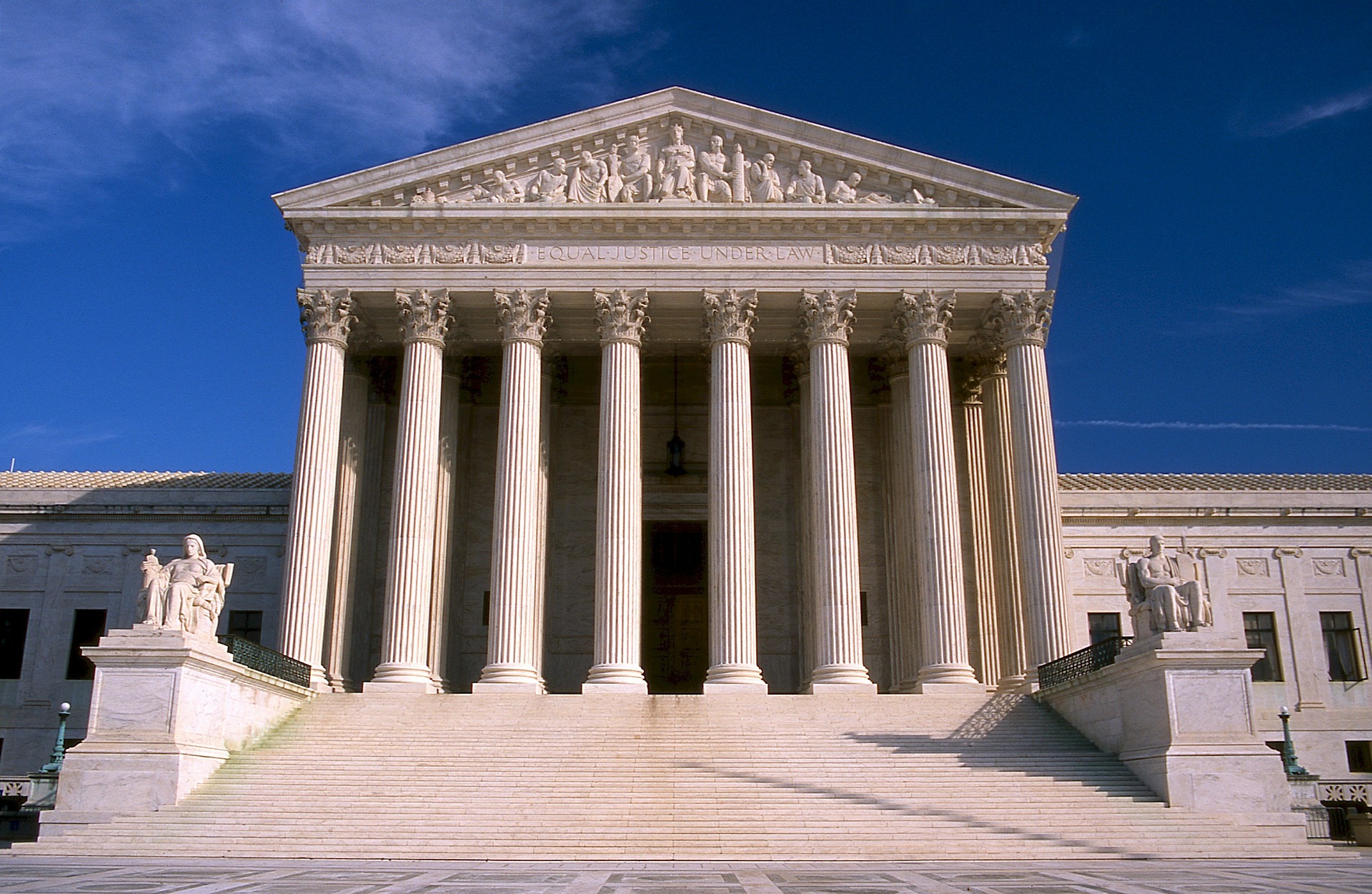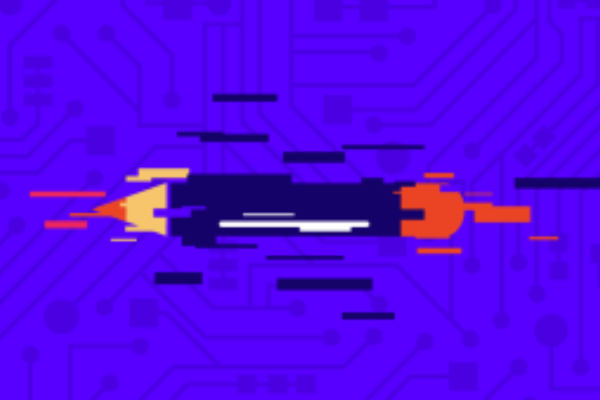ARTIFICIAL INTELLIGENCE
Artificial Intelligence
On a global scale, artificial intelligence (Al) is driving significant advancements in technology and business. It is already used in a variety of industries, from improving healthcare diagnostics to enabling human relationships through social media and producing labour efficiencies through automated jobs.
However, these rapid changes present serious ethical concerns, as AI systems may embed biases and jeopardise human rights.
These AI-related risks have already begun to threaten the creative industries and risks further undermining creators’ rights. AI also offers significant opportunities for the creative sector, with some creators already utilising AI systems to assist in the creation of their works.
However, sophisticated AI systems are challenging the value chain for creators, who provide the foundation upon which many AI technologies exist. Existing copyright-protected works are being used to train AI systems (input), which are subsequently used to produce works "in the style of" those copied works (output).
With a lack of international regulations and fair compensation for authors, AI seriously undermines the work of creators, leading to job losses and an existential threat to human creativity.
Human creativity provides the basis for the creative industries. IAF believes that it is crucial to address the potential impact of AI on the irreplaceable value that creators bring to society. Creators’ moral and economic interests must be protected and promoted to ensure that the creative industries will continue to thrive.
IAF AI Principles
We have developed the IAF AI Principles. These are a set of principles to provide guidance for discussions and policymaking, acknowledging that a broad legal framework that includes copyright, privacy, data protection, and competition and consumer protection laws will be required to regulate the responsible use of AI technologies.

Authorization, Fair Compensation and Transparency: It is essential to uphold the copyright laws around the world: authors must share in the financial benefits derived from their creations.

Respect for Creators’ Moral Rights: Regardless of technology and the methods of using authors’ works, their moral rights must be upheld.

Transparency obligations: There must be an obligation of transparency and labelling on AI developers to provide clear and concise information, publicly, about the copyright status of their AI systems and the operation of those systems.

Accountability: The cost of contesting and seeking redress for AI-related harms, including enforcing the rights of rightsholders and creators, must be limited – for example through the creation of dedicated AI reporting systems, adjudicators, or ombudsmen.



